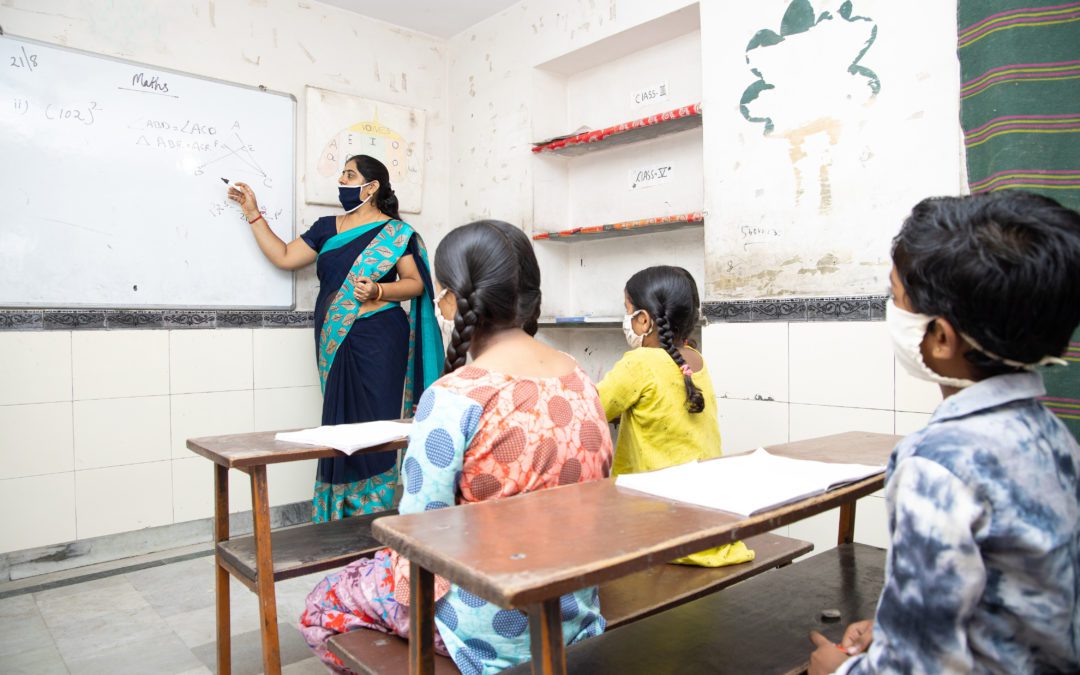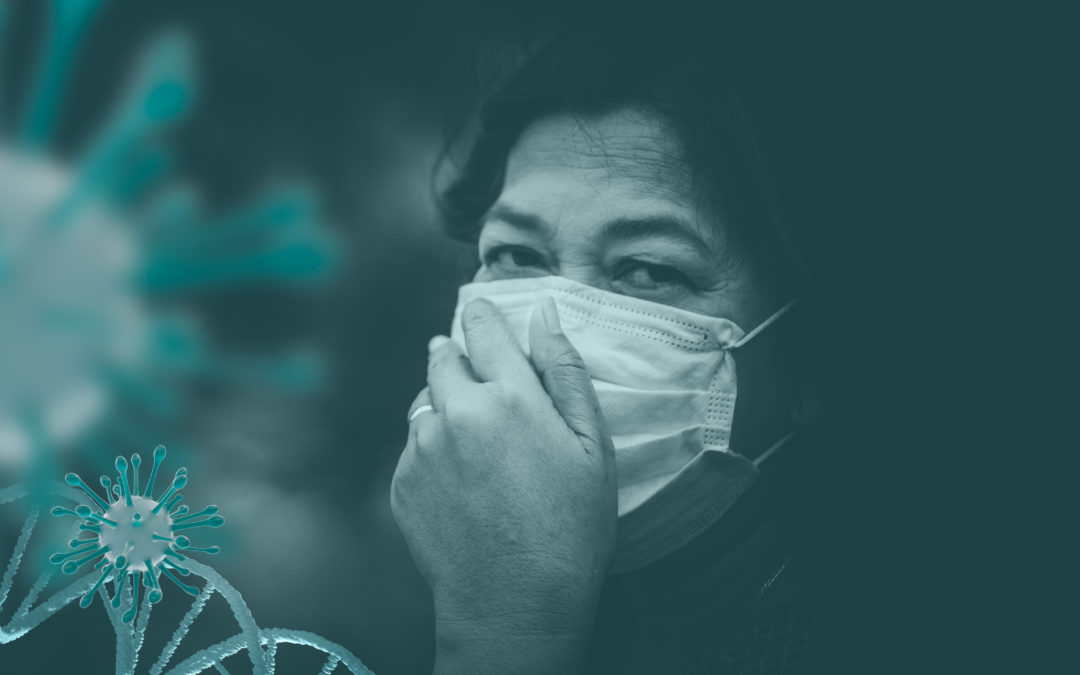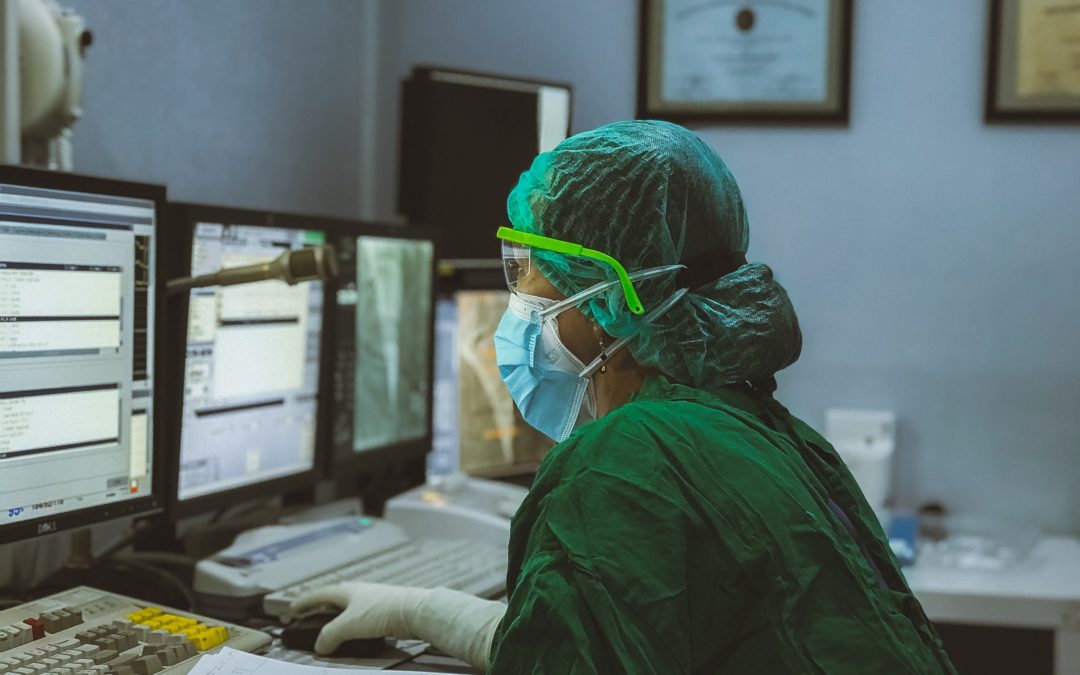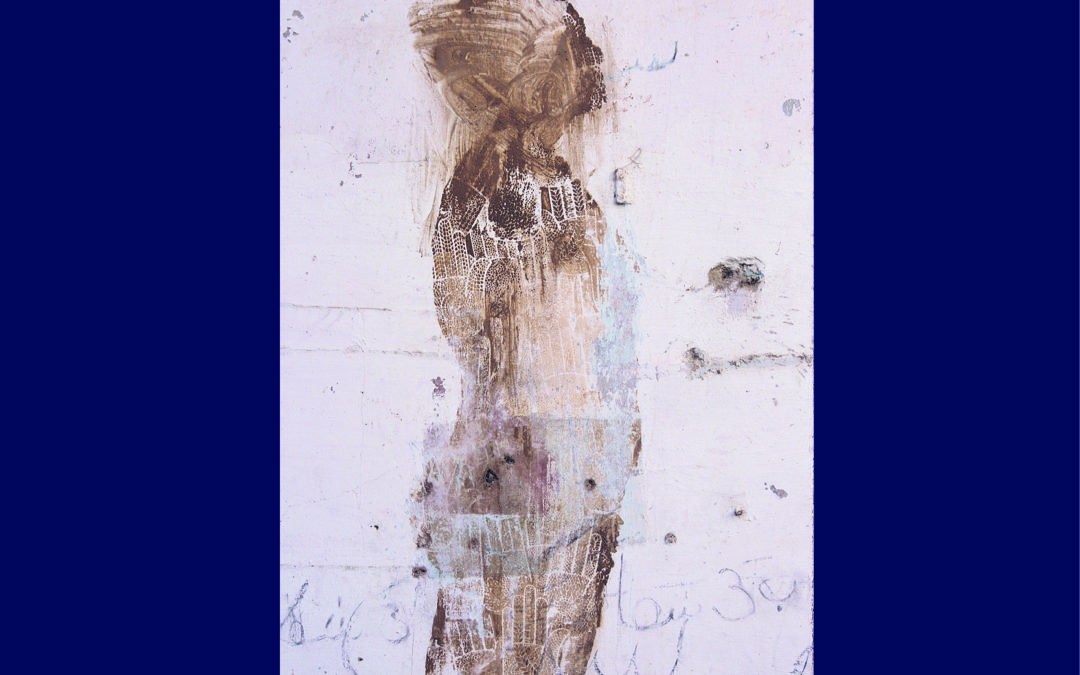Perspectives: Journalists Share Commentary on US Withdrawal from Afghanistan





On behalf of the team at the Mittal Institute, our hearts are with the people of Afghanistan, who are reeling in the wake of new unrest. Over the past few decades, the people of Afghanistan have experienced large-scale and ongoing violence and conflict, with recent events only adding to this turmoil and resulting suffering. Our thoughts are with the Afghan people as they look to chart a new path forward – with the necessary support from their partners in the international community – to address their needs, and ensure that the rights and safety of the most vulnerable in their midst are upheld and respected. During this crisis, the Mittal Institute would like to bring attention to how our community can stay informed on what’s developing in Afghanistan, and ways that they can help.

In the below article, which appeared in BMJ Global Health, authors Nivedita Saksena (Harvard TH Chan School of Public Health, FXB Center for Health and Human Rights and the inaugural IDHN Fellow at the Mittal Institute), Rahul Matthan (Takshashila Institution, Bengaluru, India), Anant Bhan (Centre for Ethics, Yenepoya (Deemed to be University), Mangalore, Karnataka, India), and Satchit Balsari (Department of Emergency Medicine, Harvard Medical School / Beth Israel Deaconess Medical Center and Mittal Institute Steering Committee member) explore India’s National Digital Health Mission’s goal of creating a system of electronic health records that capture data, with the patient’s consent.

The Lancet Citizens’ Commission on Reimagining India’s Health System jointly hosted a webinar with Dvara Research and HBS Health Care Initiative on the role of commercial health insurance in providing better health outcomes and improved financial protection in India. Here, our panelists explore the question of demand for insurance, the lessons for countries such as India from global experiences on commercial insurance, and how the models can be adapted to suit low-income consumers and more.

The third monthly webinar by the Lancet Citizens’ Commission featured eminent personalities from Governments in Mexico & Thailand, leaders from global non-profits & research institutions. The panel explored cross-national variations in levels of public health investment and political prioritisation of health system improvements. With insights from those involved in the reforms or who have studied the motivations for reforms, this panel brought together global comparative insights into when, why, and what consequences political leaders have invested more in health.

Bennett Comerford, a second year Graduate Student Associate with the Mittal Institute, is a doctoral candidate in the Committee on the Study of Religion at Harvard University. His work focuses on the intersections of religion, literature, race and coloniality in nineteenth-century Bengal. He is a past recipient of language and research fellowships in Bangladesh and India. The Mittal Institute sat down to learn more about Bennett and his research.

Each year, the Mittal Institute’s Seed for Change competition encourages Harvard students to develop a vibrant ecosystem for innovation and entrepreneurship in India and Pakistan. Grant prizes are awarded to interdisciplinary student projects that positively impact societal, economic, and environmental issues in India and Pakistan. One Winter 2020 recipient was “Sahayak,” the brainchild of Ambika Malhortra ’20, Aeshna Prasad ’21, Harvard Graduate School of Design alumnae who both earned a Master of Architecture in Urban Design.

During the COVID-19 pandemic, schools globally have wrestled with the challenges of delivering hands-on learning projects. Enter the Soft Robotic Toolkit, part of the Mittal Institute’s Multidisciplinary Approach to Innovative Social Enterprises, supported by Tata Trusts. This program, as detailed in a MI November interview, uses active, hands-on pedagogy to provide cutting edge, high-quality STEM learning. The project provides students with kits, each of which contain the parts and instructions to create a soft robot, teaching students everything from the creation of silicone materials to the assembly of pieces.

In the second webinar by the Lancet Citizens’ Commission, Srinivasan Jain from NDTV India moderated a timely and important discussion with panelists who have either been directly involved in activities relating to the containment of COVID-19 pandemic or its related care in India over the past few months. The panelists, which included Mirai Chatterjee from SEWA Bharat; Dr Ajay Nair from Swasth Organisation; Sunita Rani, an ASHA Worker; and Dr Priyadarsh from YuMetta Foundation, addressed issues such as COVID-19 preparedness, saving lives, impact on healthcare workers, and protecting mental health.

Despite the challenges presented by the COVID-19 pandemic, the Mittal Institute forged ahead, furthering scholarship and partnerships on South Asia’s arts, sciences, humanities, and more. Read more about MI’s latest research and programs in our 2020-2021 Year In Review, now available digitally, by clicking here. For a preview, read the report’s opening “Letter From the Director” by Tarun Khanna, Jorge Paulo Lemann Professor at Harvard Business School and Director of the Mittal Institute.